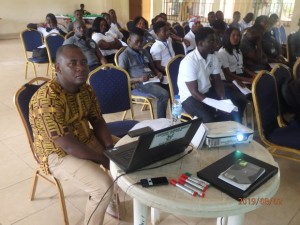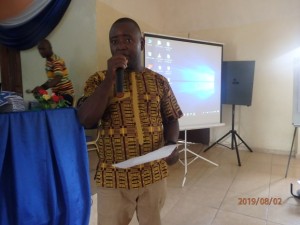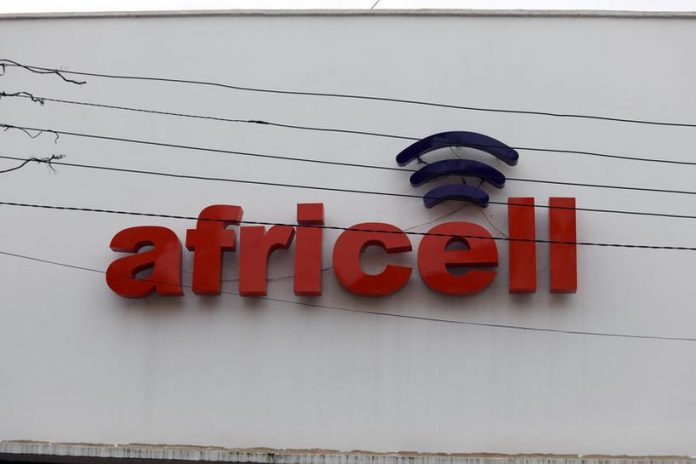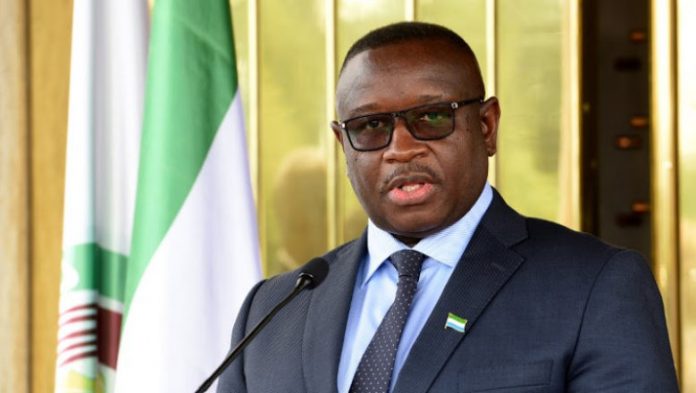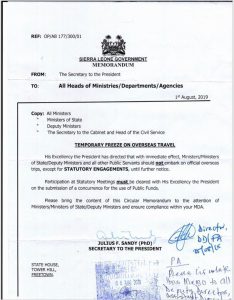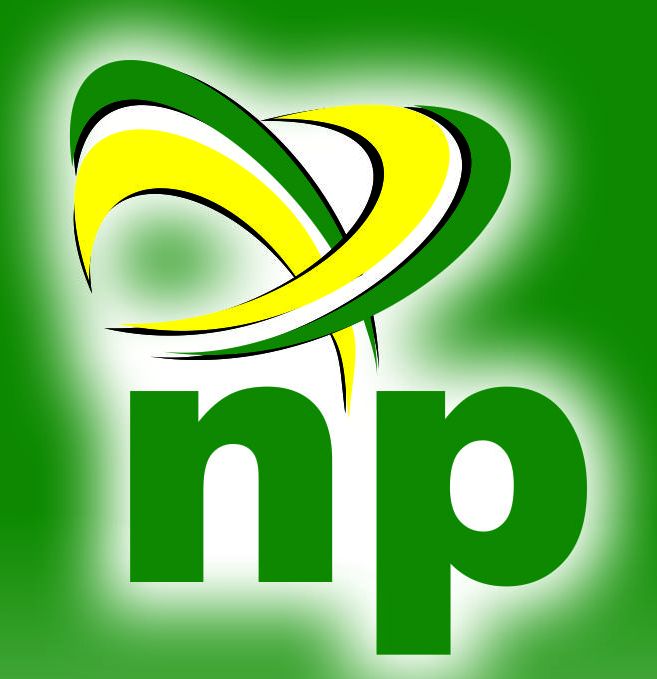By Beresford Taylor – 7th August 2019
Economists will tell you that the exchange rate is the heartbeat of any economy. Like the economy, heart beat changes as a result of factors external to the heart and not by the heart changing its size.
At least everybody agrees the economy of Sierra Leone is challenged, the exchange rate included and has been so since the outbreak of EVD in 2014.
As part of his primary responsibility, the Governor and the Bank of Sierra Leone manages the exchange rate, pretty much like a doctor will the treatment of hypertension. However, the doctor can provide the solution but its success is a factor of several other factors one of which is the patient’s own life style.
The Bank of Sierra Leone and its Governor has made it abundantly clear that the exchange rate is a factor of demand and supply. There is no magic except we; as a country, can generate foreign exchange; it cannot be printed by the Governor or indeed the government. Imagine the economy of Sierra Leone as a bucket and foreign exchange as sea shells.
To fill your bucket with sea shells you have to first find them. You can fill you bucket to its capacity if you can locate as much shells. In economics the currency for locating these shells are what you can sell to others in exchange.
Now here is the challenge, the economic bucket needs to be filled with things others need for them to give you shells. However you may get shells as gift from other people visiting, etc. You may drop shells into your bucket if you sell things to others. If you have your beaches awash with shells you can pick them up and drop into your bucket. In most cases you need to know how to locate them. This is the same as mining for gold and ore, except you have the technical capacity they are worthless to your economy.
Sierra Leone cannot generate much shell because we are not offering much to others to buy. Yet we want much more from others. So we take from the few shells we have. Without the sea or the beach can Sierra Leone make shells? The answer is no. we have to go find shells. The solutions of the central bank are simple, we will keep the few shells we have for the most important day in our lives – the rainy day and allow others to sell the few shells they have to those who want them and are willing to pay.
However, if the market gives the shells to those that do not buy anything from others outside or keep the shells so that those who need to buy things outside the economy cannot get them then the number of shells available for servicing the things we need and cannot produce will drop even further. To fix the problem we should rethink how we use the shells we have and how we can fill our bucket with more shells.
So here is the story, if we find dollars by increasing local production and export, more dollars will be available in the market to allocate, then supply will meet more demand and therefore fewer people will look for more dollars, the exchange rate will depreciate. If we stop spending the few dollars received in country from donors and remittances, on local transactions, such as rent, car prices etc. then there will be more dollars to service our imports of medicine, machinery and food stuff. Therefore, if the number of people and services needing dollars appreciate then the market will allocate the available dollars the way it knows best, more Leones for fewer dollars.
Now what should Sierra Leone do? First the central bank: the central bank cannot print dollars nor can it produce goods and services for export. Secondly, the central bank cannot make people stop spending the fewer dollars available in the economy the relevant authorities should. So even if a former chairman of the Federal Reserve board is appointed governor of the bank of Sierra Leone he will not change the situation for Sierra Leone.
So what can the bank of Sierra Leone do? The Governor has said severally that exchange rate depreciation will occur once Sierra Leone’s economy starts exporting. This means increased productivity and export in the mining, agriculture and manufacturing sectors. In the meantime, the central bank has said Sierra Leone should conserve the foreign exchange available, stop spending what is available on local transactions or saving fiduciary resources in foreign exchange and not the Leone
This means, the country, should work harder to increase productivity and export, enforce the laws relating to the use of foreign exchange in local transactions and save in the local currency
This is a simplistic explanation but it shows that the Governor of the Bank of Sierra Leone has been doing what ought to be done under the current circumstances and how astute he is in terms of his knowledge of economics and finance. The fluctuation in the exchange rate is caused not by the central bank adjusting the amount of foreign exchange in the market but by factors highlighted above and others external to the economy of Sierra Leone.




